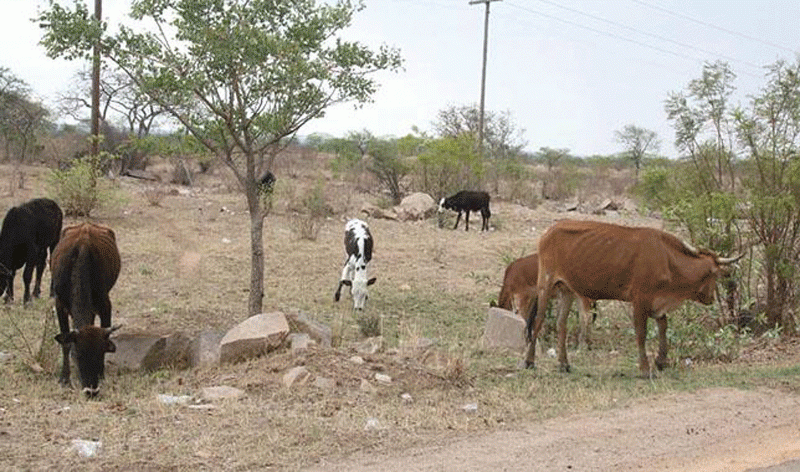
A WILDLIFE conservation organisation is celebrating a successful 2024 where its programmes at the Hwange National Park provided water and safety to animals and human beings despite the crippling drought affecting Zimbabwe and the region.
In its end of year report published this month, the Friends of Hwange Trust (FOH) said the devastating El Niño-induced drought led to another extremely tough year.
At least 123 elephants starved because of severe drought since August with the highest fatalities recorded in November at the peak of the dry season at Hwange National Park.
Zimbabwe Parks and Wildlife Management Authority spokesperson Tinashe Farawo confirmed the deaths last week.
According to Farawo, the effects of the prolonged dry spell have been devastating, particularly for the most vulnerable elephants such as calves.
The Friends of Hwange said — at the start of 2024 — that they had upgraded the roads which had resulted in steady improvement in and around the greater Main Camp area.
“This is set to continue through 2025. The firebreaks were better prepared this year than ever before with plans in the future to open several old firebreaks that have become badly overgrown,” the report said.
The organisation said the verges on the main road to Hwange National Park had been cleared improving visibility to safeguard both humans and wildlife.
- Questions raised over elephant census
- Zim seeks Cites dialogue
- Lack of funding cripples ZimParks compensation efforts
- Baobab tree faces extinction
Keep Reading
“On the tourist front, the Guvalala and Makwa platforms have been refurbished with upgraded ablutions, hot shower facilities and an enclosed space for overnight campers. Both platforms have been freshly repainted,” the report read.
“Aside from the work mentioned above, our main focus remains centred around provision of adequate water for wildlife. This year efforts to keep up with high elephant pressure started as early as June.
“We were on the back foot from the start of the dry season because rainfall was not adequate to fill up the pans. Forty-eighty boreholes at 31 pumped pans have been constantly monitored and maintained throughout the season.”
FOH said 10 new battery systems were installed enabling night-time pumping to increase water supply with three more battery installations planned in the coming weeks.
“These systems have proved highly successful as they enable elephants to drink at night when it’s cool, as is their historical preference, allowing other species a chance to snatch a drink during the day. Four boreholes have been flushed in efforts to improve their yield,” the report read.
“At Kennedy 2 pan, that has long been of major concern, a new borehole has been successfully drilled. Despite the ravaging drought and immense elephant pressure, water in the pans has held up reasonably well.”
The organisation said with very little rainfall to date, many elephants were unable to disperse from the pumped pans in search of adequate food.
“There has been an increase in elephant mortality over the past month, especially young animals, but as far as we can tell, nowhere near the numbers that were expected.
“This could easily change unless meaningful rain falls soon to kick-start the growth of grass and a flash of edible vegetation,” the report read.
The report further indicated that an FOH scout team continued to patrol park boundaries investigating wildlife snaring, illegal wood cutting and infiltration of livestock.
“Appreciation is extended to the Zimbabwe Parks and Wildlife Management Authority, the director general, Fulton Mangwanya, various area managers and in particular the Main Camp staff and Game Water Department with whom we work very closely,” the organisation said.
According to the Parks Authority, Zimbabwe’s elephant population has risen to more than 90 000, more than twice the 45 000 it can sustain, a situation which has seen recurring cases of human-animal conflict.









